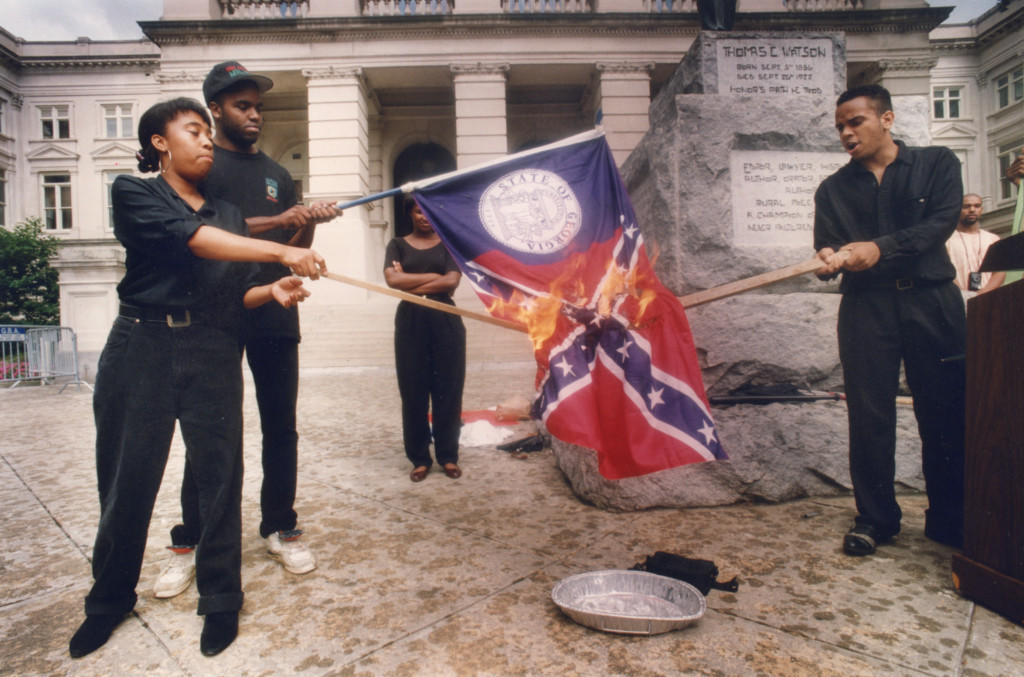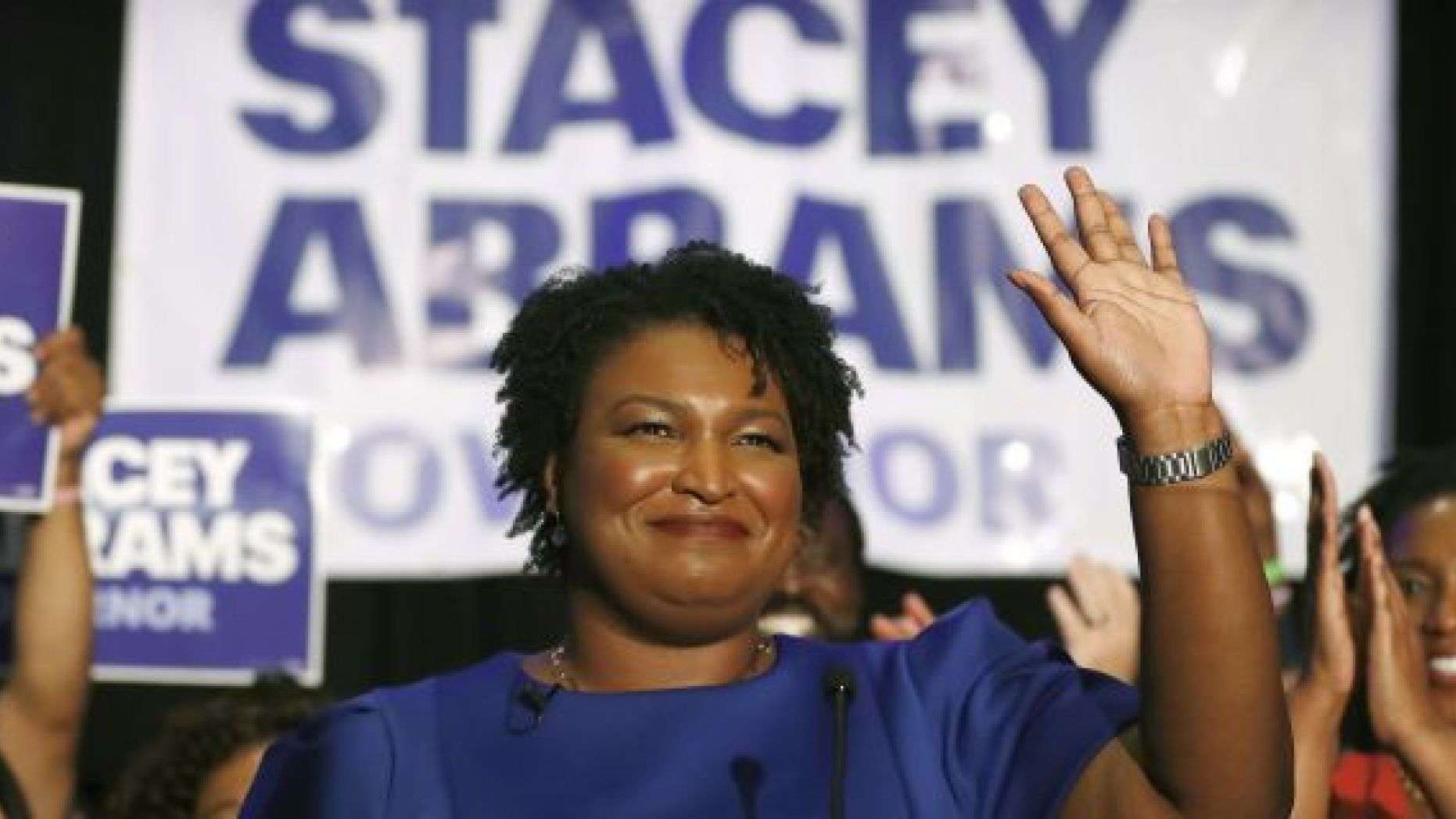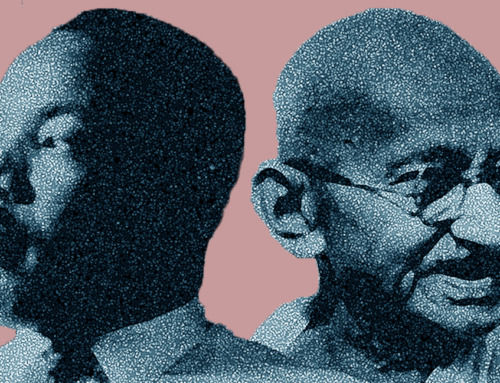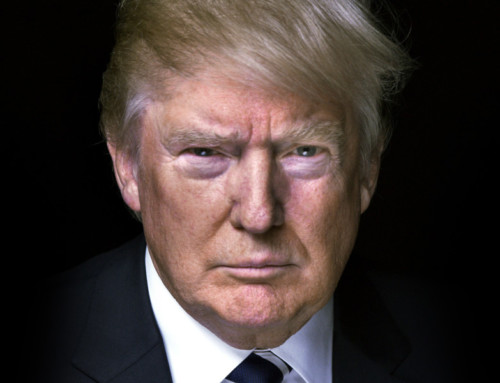I am down in southeast Atlanta campaigning for Stacey Abrams. It feels good.
Four days from election day, there’s a vacuum in the air, like a beast the size of a state is taking a big gulping breath that it will soon expel all at once. The beast is Politics. With hope, it will deliver the nation’s first black woman governor and the first adamantly progressive southern Democratic governor in the better part of a century.
Campaign volunteering means putting your time and energy at the mercy of 21-year-old field organizers who—if they are good—exude the same steely authority as Ulysses S. Grant. The good ones act like Grant, too, throwing volunteers into a meat-grinder until the problem is solved and grinning and bearing it as the Main Office (for there’s always another, more Main one) changes its mind for the third time and erases thousands of hours of labor.
The work itself involves making phone calls, most of which go unanswered, and knocking on doors, most of which are never opened. But it is also pure, primeval Politics, in a way that Twitter tweetstorms never will be. Each day means stepping briefly into the lives of hundreds of your fellow Americans: learning how they talk, where they live, what they think. Canvassing especially, the act of door-knocking and pamphlet-giving, dates as old as Athenians cajoling each other in the market square.
As I did with Doug Jones last year, I am here to collect stories, to be part of the Blue Wave, and—most important of all—to think. When you are driving unfamiliar highways and corralling other volunteers, you don’t have time to dick around on the internet. What you do have, however, are the quiet moments as you walk to the next house or squint to find the next neighborhood turnoff. These moments are a blessing. Even though the work can be exhausting, the days are rejuvenating.
Also like my time with Jones, I find myself mostly in black suburbs, talking to people who have been treated with disdain by their state governments for fifty years and who were actively persecuted in the decades before that. It is a remarkable thing to continue to go to the polls after suffering not one or two electoral defeats, but an entire generation of them. Yet they do not relent and this year, with this candidate, there is an electricity that courses through these communities that is impossible to describe but wonderful to simply observe. It was black women who lifted Doug Jones to victory in the Alabama Special, but that election is nothing compared to the effort now unfolding across Georgia for Stacey Abrams, daughter of two ministers and proud Spelman graduate.
Because this is a blog post and not an essay, I’ve no idea how to end it. I’ll try with a story.
On Wednesday, as night was falling and I was rushing to finish my list, I met two old men outside the last house I was to knock. The first man cheered when he saw my Abrams pamphlets. We chatted a long while: about the beautiful fall weather, about the Air Force (he was a veteran), and about why I was a white man who very much wanted to see Abrams take power.
The second man remained quiet, though he listened intently. I realized he was the resident of the house, and the person whose information I needed to record. Turning to him, I asked if he also intended to support Abrams, and if I could help him find his polling place.
“I don’t vote,” he answered.
I pressed him. This was a very close election, and Abrams needed all hands on deck. Was there any information I could help him find?
Silence. His answer was slow, steely, and proud. “I’m not registered,” he said. Silence again. I wasn’t sure how to respond.
The first, cheerful man stepped in. Still smiling, he explained that some of us have more difficult lives than others, drawing out and emphasizing each word.
And then I understood. I apologized as quick as I could. The second man was a felon. And I’d pushed far more than I needed to.
For all the abstract articles I’ve read about the disenfranchisement of convicts years or decades after their return to society, I’d never met someone whose voice had been suppressed in this way. I’d never seriously considered that, to him, the excitement and omnipresence of the Abrams campaign was also a reminder of a thing that had been taken from him. A thing stolen by a Georgia legislature whose Republican majority still pine for the days when the Confederate Battle Flag flew atop the state capitol.
The American South was born in cruelty. It traffics in cruelty still, enforced not by whip or noose or dog, but by the thousands of little inequities that rich whites deliver to poor blacks.
Not even Abrams can erase this system overnight. But by God she can make a good start of it.





Leave A Comment